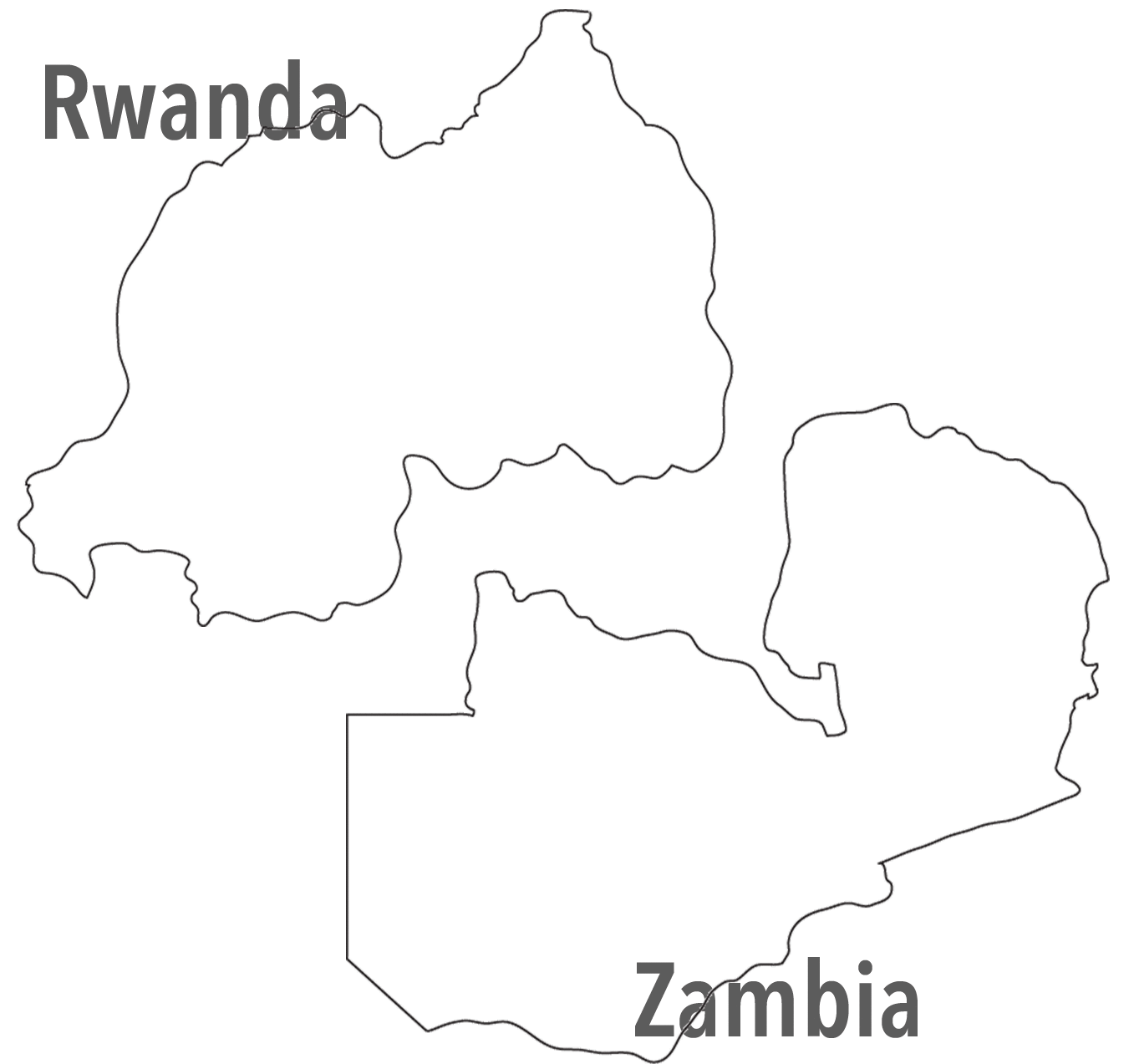Global Collaborations
Through its active international research collaborations, the Emory Vaccine Center focuses on problems that are of global interest and global in nature. Partnerships target such diseases as tuberculosis, dengue fever, chikungunya and the seroprevalence of HIV with colleagues around the world. Many of the projects are the first of their kind, exposing faculty and fellows to creative excellence and research-based discoveries. A primary objective of these international efforts is to expose research fellows and other scientists around the globe to the cutting edge immunological techniques that are the hallmark of the Emory Vaccine Center. The overarching goal of these global collaborations is the development of novel translational methodologies that will convert research concepts into clinically useful diagnostics and treatments. In 2008 two international leaders in vaccine science and technology--the Emory Vaccine Center and the International Center for Genetic Engineering and Biotechnology (ICGEB)-- launched the Joint ICGEB-Emory Vaccine Center in New Delhi. Since then, the center has focused on the pathogenesis and immunology of HIV/AIDS, tuberculosis, hepatitis C, dengue virus, malaria and other infectious diseases that disproportionately affect the developing world. Thanks to the work of EVC researcher Dr. Murali Kaja and others, plus wide-ranging support from the Indian scientific community, the Center has established a large MHC tetramer facility at the ICGEB-Emory campus, increasing the capacity for cutting edge research.




